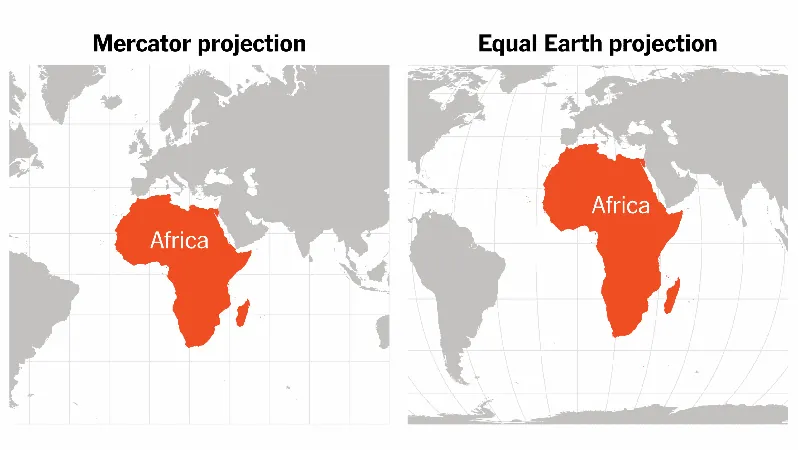
Africa’s Battle for a Fairer World Map: It’s Time to #CorrectTheMap!
2025-08-29
Author: William
The African Union Joins the Fight for Accurate Representation
In a bold move for justice and representation, the African Union has officially backed the #CorrectTheMap Campaign, urging the United Nations and the global community to adopt a new world map that better reflects reality. With over 4,500 signatures, this movement is gaining momentum and attention.
The Flawed Mercator Projection Exposed
For centuries, the Mercator projection has been the go-to map, designed over 450 years ago to facilitate colonial exploration and trade. However, its inaccuracies have distorted perceptions of countries' true sizes— over-sizing regions like North America and Eurasia while shrinking vast areas of Africa and South America. This longstanding inequity has left Africa, the largest continent in the global South, vastly misrepresented.
A Call for Change: The Equal Earth Projection
The #CorrectTheMap Campaign champions the Equal Earth projection, a modern alternative developed in 2018 that aims to address these distortions. This initiative goes beyond mere technical correction—it seeks to reshape how Africa is perceived in global discourse.
Maps: More Than Just Geography
Maps wield immense social and political power. They not only depict geography but also tell stories, often influencing how people view the world and their place in it. The choice of map projection can have significant geopolitical implications, as evidenced by incidents like Donald Trump’s misguided interest in purchasing Greenland, believed to stem from map distortion.
The Legacy of Colonial Cartography
Cartography has been a double-edged sword in Africa’s history. Historically, map-makers have played a critical role in colonial endeavors, framing the continent as a resource to be exploited. The Berlin Conference of 1885, where Africa was divided with no African voices present, epitomizes this dark legacy.
The Challenges Ahead for #CorrectTheMap
Although the campaign seeks to replace the Mercator projection, changes won't happen overnight. Global mapping lacks a single regulatory body, meaning different projections could still proliferate despite efforts to adopt the Equal Earth projection. Changing ingrained perceptions of the world takes time, as evidenced by past attempts to update educational materials that met with resistance.
A Vision for a Fairer Representation of Africa
Supporting the Equal Earth projection is just the beginning. To achieve meaningful change, the campaign emphasizes the need for social engagement—working with educators, policymakers, and corporate partners to elucidate Africa's rightful place on the world map. Shifting perceptions through collaborative efforts can help steer the global community toward a more equitable representation.
While adopting a new map won't completely erase historical misrepresentations, it's a pivotal step toward restoring Africa’s visibility and significance on the world stage. The fight for a fairer world map is on—will you join the movement?

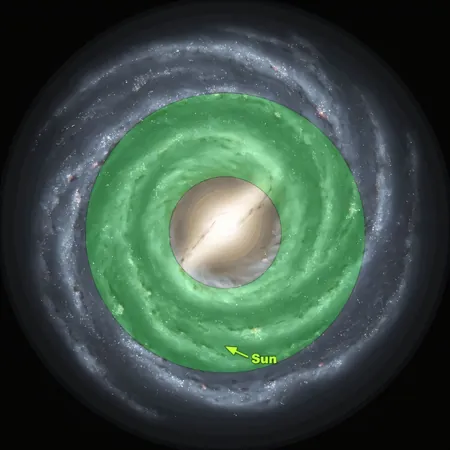


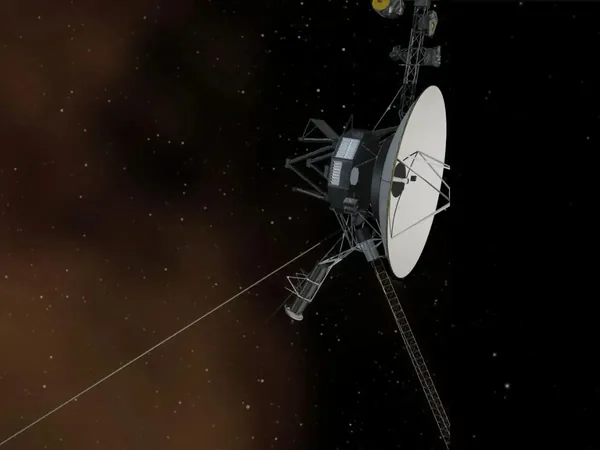
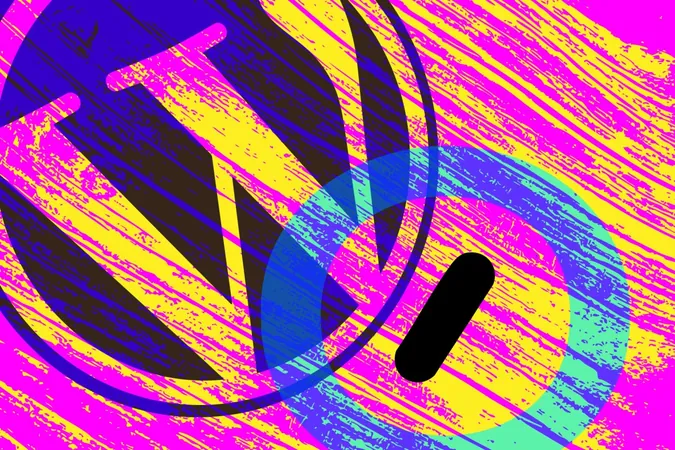

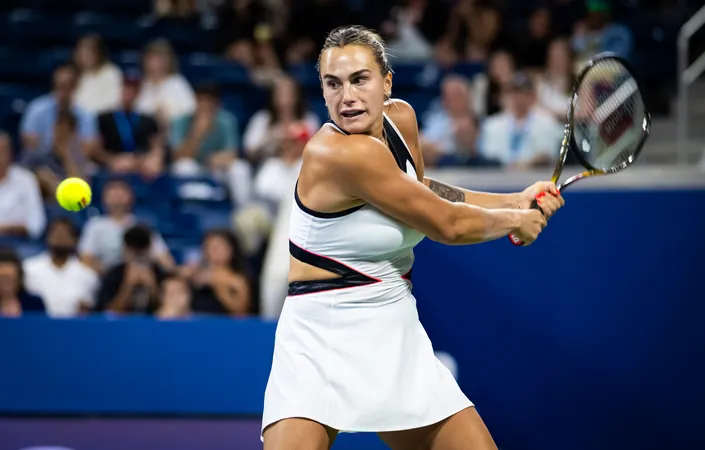
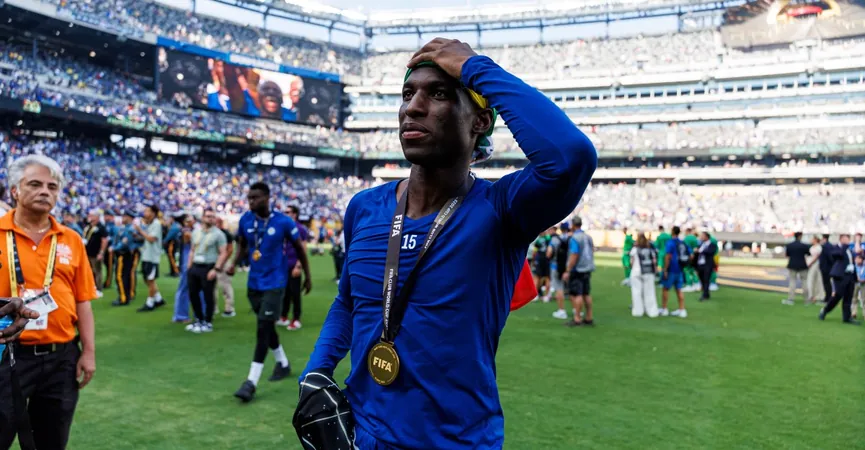
 Brasil (PT)
Brasil (PT)
 Canada (EN)
Canada (EN)
 Chile (ES)
Chile (ES)
 Česko (CS)
Česko (CS)
 대한민국 (KO)
대한민국 (KO)
 España (ES)
España (ES)
 France (FR)
France (FR)
 Hong Kong (EN)
Hong Kong (EN)
 Italia (IT)
Italia (IT)
 日本 (JA)
日本 (JA)
 Magyarország (HU)
Magyarország (HU)
 Norge (NO)
Norge (NO)
 Polska (PL)
Polska (PL)
 Schweiz (DE)
Schweiz (DE)
 Singapore (EN)
Singapore (EN)
 Sverige (SV)
Sverige (SV)
 Suomi (FI)
Suomi (FI)
 Türkiye (TR)
Türkiye (TR)
 الإمارات العربية المتحدة (AR)
الإمارات العربية المتحدة (AR)